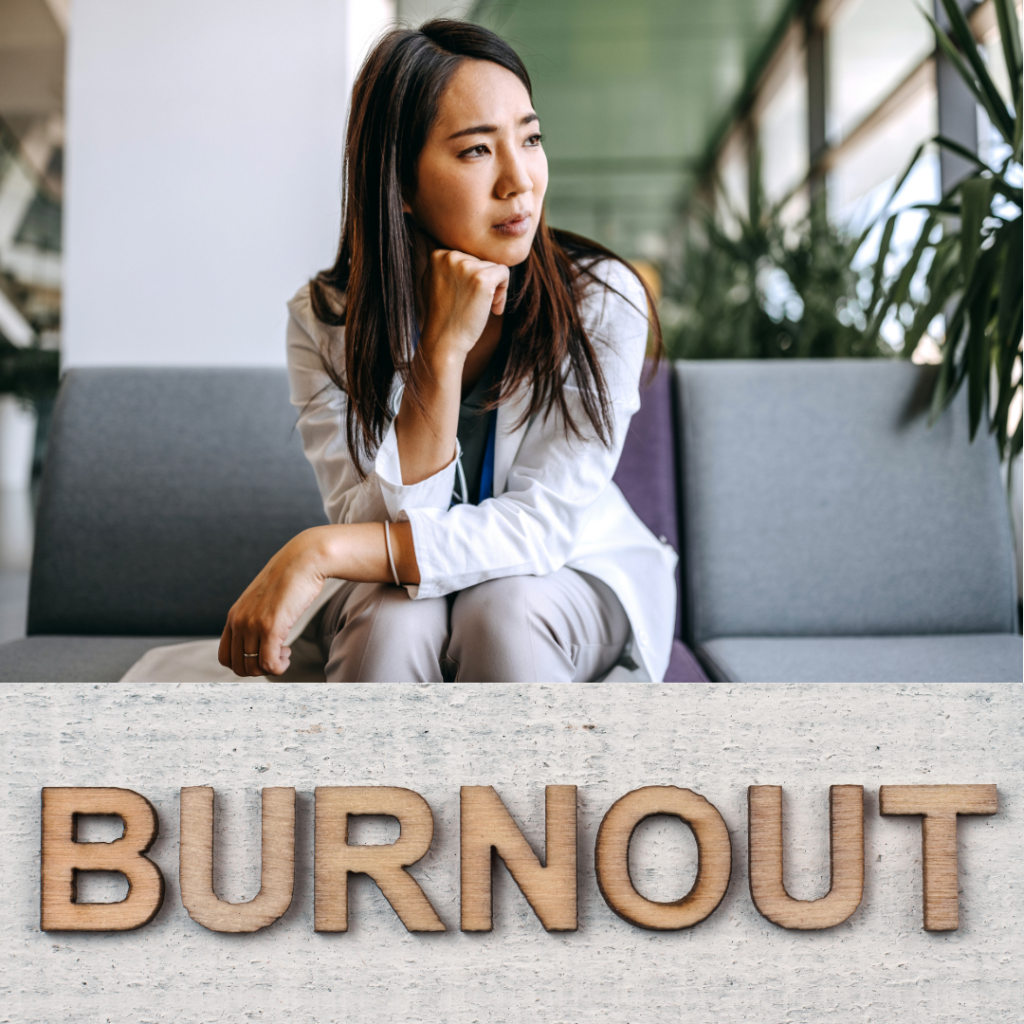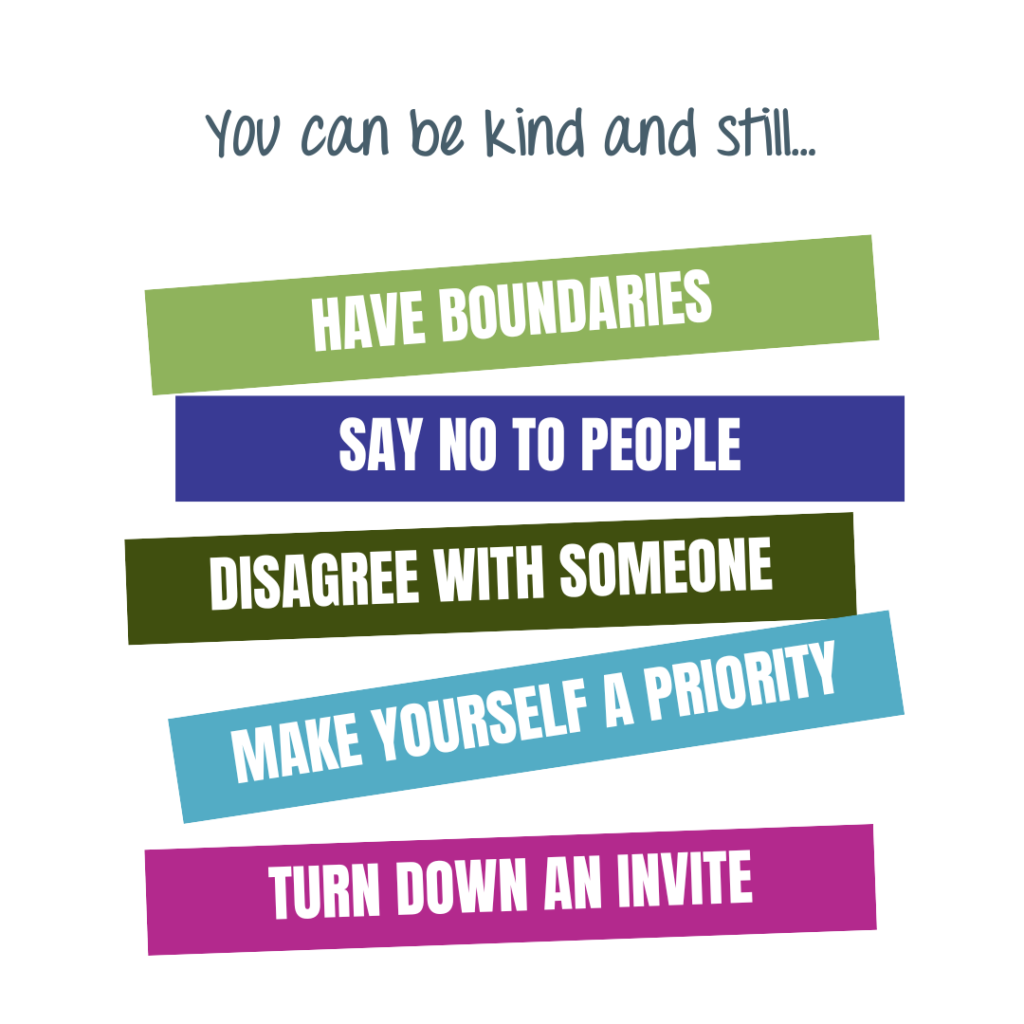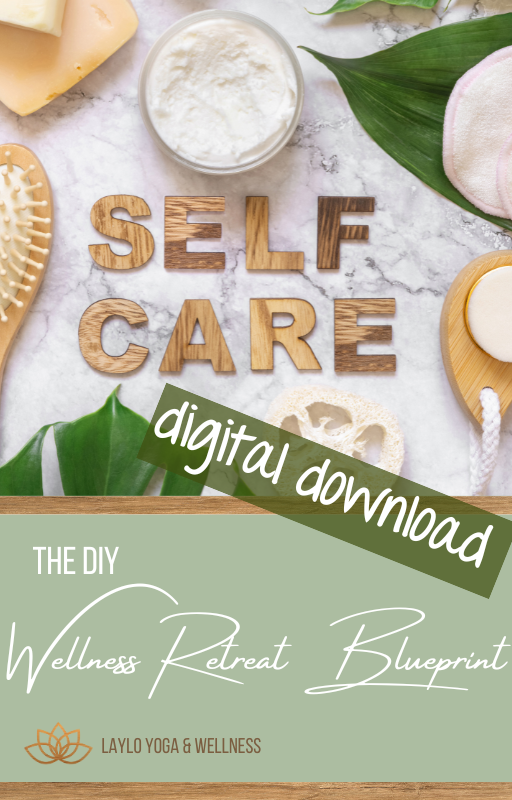
Unmasking Burnout: Debunking Common Myths
Burnout is an increasingly recognized issue in our fast-paced world, but it’s also widely misunderstood.
Many people attribute burnout to simple dissatisfaction with one’s job or believe it’s solely a job-related issue.
These misconceptions can hinder effective prevention and recovery. Let’s delve into what burnout truly is, what it is not, and debunk some prevalent myths.
Understanding Burnout
Burnout is a state of chronic physical and emotional exhaustion. It is often accompanied by feelings of cynicism and detachment from work or personal life, as well as a sense of reduced accomplishment. It was first recognized in the 1970s by psychologist Herbert Freudenberger, who observed it in professions with high stress levels.
Today, burnout is considered a legitimate occupational phenomenon by the World Health Organization (WHO), which defines it specifically in the context of work. However, understanding it requires recognizing that it extends beyond just job-related issues.
Myth 1: You Don’t Like What You Do
One of the most pervasive myths is that burnout only happens because you don’t like your job. While job dissatisfaction can contribute to it, it is far from the whole story. Many people who love their jobs still experience burnout.
Passionate individuals often push themselves harder, set higher expectations, and may neglect self-care in pursuit of their goals. This is a recipe for burnout. Enjoying your work doesn’t make you immune to the pressures and stresses that cause burnout.
Myth 2: Burnout is Only Job-Related
Another common myth is that this situation is exclusively a job-related issue. While work stress is a significant factor, these feelings can also stem from other areas of life. This might include caregiving responsibilities, personal relationships, or even relentless personal pursuits.
The key elements — exhaustion, cynicism, and feelings of inefficacy—can emerge from any prolonged and intense stress, not just job-related stress.

What It Is
- Chronic Stress Response: Burnout is a response to prolonged stress, leading to exhaustion, cynicism, and a feeling of reduced professional efficacy. It’s the result of a constant demand on your resources without adequate time for recovery.
- Emotional and Physical Exhaustion: It often manifests as a deep fatigue that isn’t alleviated by rest. This exhaustion impacts both emotional and physical well-being, making it hard to find motivation or energy.
- Cynicism and Detachment: People experiencing burnout often become cynical about their work and feel detached from their tasks and colleagues. This can lead to a decline in performance and satisfaction. The same can be true of feelings toward family obligations.
- Sense of Inefficacy: It includes a sense of ineffectiveness and lack of accomplishment. Even when tasks are completed, you have a pervasive feeling that nothing is truly achieved.
What It Is Not
- Simple Dislike for Work: Disliking your job can cause stress, but burnout is a deeper, more chronic issue. It that goes beyond simple dissatisfaction. It’s an erosion of the soul caused by an imbalance between demands and resources.
- A Sign of Weakness: Experiencing burnout doesn’t mean you are weak or incapable. It’s a signal that the environment you’re in, or the way you’re managing stress, is unsustainable. It’s a call to reassess and adjust, not a reflection of personal failure.
- A Professional Issue: Burnout isn’t confined to the workplace. Stay-at-home parents, caregivers, students, and anyone facing continuous stress without adequate support can experience burnout.
Addressing Burnout
To effectively combat burnout, it’s crucial to:
- Recognize the Signs Early: Understanding the symptoms—chronic fatigue, detachment, and feelings of inefficacy—can help in seeking help sooner.
- Promote Work-Life Balance: Ensuring adequate rest, engaging in hobbies, and spending time with loved ones can help mitigate burnout.
- Seek Support: Professional help, whether from a mental health professional or a supportive network, can provide strategies and relief.
- Prioritize Self-Care: Regular exercise, healthy eating, and mindfulness practices are vital in maintaining overall well-being and resilience against burnout.
Burnout is a complex, multifaceted issue that cannot be reduced to simple dislike for a job or confined to the workplace alone. By debunking these myths and understanding the true nature of it. We can better address it and foster healthier, more sustainable environments both at work and at home.
What Can I Do About It?
We will be talking more about this over the next few posts! Learn to recognize it early, avoid or combat it, and if you are already knee deep, how to overcome it. Stay tuned!

Isn’t it time to leave burnout behind and lead a life that makes YOU a priority? Consider rebooting your mind and body with one of our wellness retreats! Designed specifically to immerse you in an environment that takes you out of your daily grind, you will be able to focus on crafting your life in a way that honors your family and career while carving out time to pursue interests that excite you so you can feel balanced, fulfilled, and calm. Get on the info list so you know what is happening, when, and where!
P.S. Let’s be besties!! Follow us on Instagram, Facebook, YouTube, and Pinterest, and join the LAYLO Shala to get the latest news and insider goodies 😍












